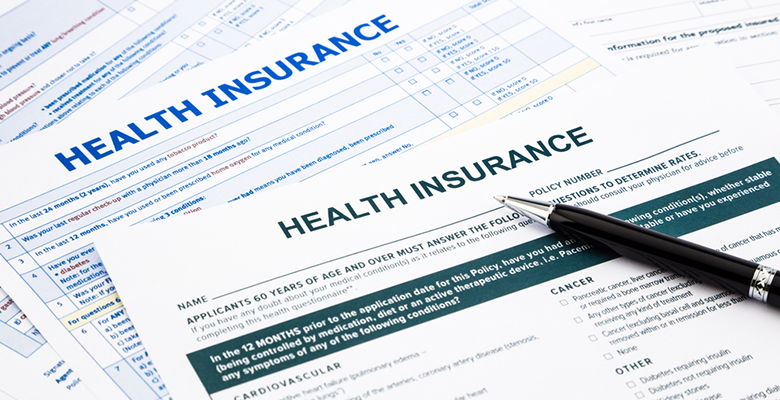Marketplace Coverage Plans
Consumerism in healthcare is a rising trend that encourages patients to be stewards of their own healthcare, making decisions based on the quality of care and cost. To offer you the most options to meet your financial needs, there are four types of plans.
- Bronze: Health plan pays 60% of the medical bill, you pay 40%. Out-of-pocket costs are the highest but have the lowest monthly costs
- Silver: Health plan pays 70% of the medical bill, you pay 30%. The most common choice because their costs fall in the middle compared to the other plans.
- Gold: Health plan pays 80% of the medical bill, you pay 20%. They have high premiums, meaning that you’ll have less out-of-pocket costs in the form of deductibles, copays, and coinsurance.
- Platinum: Health plan pays 90% of medical bill, you pay 10%. Out-of-pocket costs are the lowest but have the highest monthly costs.
Keep in mind that these percentages aren’t always that clear-cut. You might pay more or less for a service. It all depends on what’s detailed in your insurance terms.
Who Can You Claim as a Dependent?
Figuring out who you can claim as a dependent is an important part of the Open Enrollment process. It will affect the type of health insurance coverage you’ll receive and whether or not you qualify for discounts. But claiming dependents is not as clear-cut as writing down the names of every person that lives in your household.
Why is that?
Because the government has a very specific definition of what a household is. I’ll explain.
The government defines a household as:
- The person who files the taxes
- Their spouse (if they have one)
- Any tax dependents
This is your tax family, which can be different from your coverage family—the people who you share a plan with. For example, your coverage family might be your boss and coworkers, while your tax family might be your wife or husband, and children.
Here are a few tips on who you can claim as a dependent
- You can include your parents only if you’ll claim them as tax dependents. The same is true for siblings and other relatives.
- Include any child under 21 you take care of and who live with you.
- You can’t include a legally separated spouse, even if you live together.
- Don’t include a baby until it is born. You have up to 60 days after the birth to enroll your baby.
What Happens if I Miss Open Enrollment?
As mentioned before throughout this guide, the end of the annual enrollment period is generally December 15. Several states, however, may extend this term. New York, for instance, will end the enrollment period at January 31.
If you happen to miss open enrollment, you can still get insurance, but you’ll need a reason to buy it. This is called a Special Enrollment Period (SEP). So if you moved, got married or divorced, had a new baby, changed jobs or are on the dreaded and expensive COBRA plan, then you qualify for SEP.
If you qualify for a SEP, you usually have up to 60 days following the event to enroll in a plan. If you miss that window, you have to wait until the next Open Enrollment Period to apply. Job-based plans must provide a special enrollment period of at least 30 days.
You can also purchase a Short Term Medical plan at any time as either a supplement to your current long-term medical plan or as your primary coverage.
What If I Don’t Get Insurance At All?
If you don’t get insurance at all, you will be subject to Obamacare taxes. If you fail to have coverage for nine months out of twelve, you could be taxed as much as 2.5% of your income.
Trust me when I say you want health insurance in some form. It may be costly, but you’ll be glad you have it when you need it most.
Recap
Open Enrollment is a yearly opportunity for you to get a better value. Your health needs might have changed over the past year, requiring you to get a different type of plan that’s a better fit for your lifestyle.
Even if you have insurance through your employer, you should shop around and look at your options to make sure you’re getting the best plan for you. And you should definitely shop around if you work for a small business because you’ll often get better coverage at a lower price if you buy your insurance on your own.
